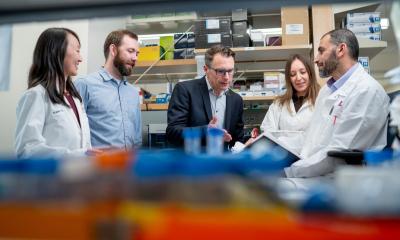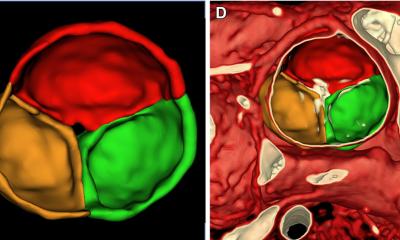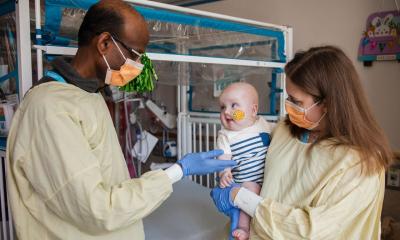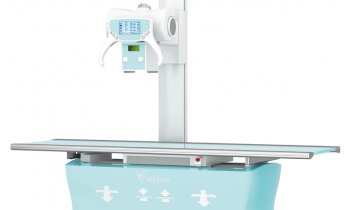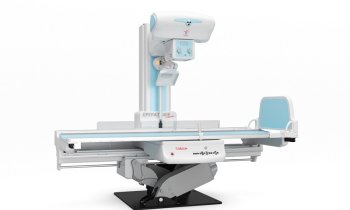Paediatric surgery: a major challenge
UK — A report on the care of young surgical patients has been launched by The Children's Surgical Forum, a body of representatives from the medical royal colleges, surgical specialist associations, Department of Health, Royal College of Nursing and the Royal College of Surgeons Patient Liaison Group.
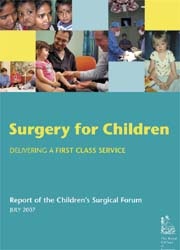
Titled ‘Surgery for Children: Delivering A First Class Service’, it recommends improvements in each surgical specialty, and provides a definitive guide on standards for those responsible for young patients, with information on safe models of care and service development. Recommendations range over the local and centralised (specialist) organisation of children’s surgical services, as well as paediatric training, appropriate workforce planning, and considerably more essential information for paediatric units or children’s hospitals.
David Jones FRCS, Royal College of Surgeons Council member and Chair of The Children’s Surgical Forum, said that in the seven years since the Forum’s first report, surgery for children has ‘changed beyond recognition’. However, he pointed out that, although techniques have improved and more can be done for children, fewer hospitals can provide those services. ‘We have reached a point where there are now major challenges facing surgical care for children.’ Whilst routine surgery should be available locally, to achieve best outcomes, specialist services need to be centralised, David Jones added. Although there are excellent clinical networks in children’s surgery, further developments of such networks are needed. ‘However,’ he pointed out: ‘Current health policy reforms that introduce competition can provide a disincentive for Trusts to collaborate in the interests of the patient.’ The report recommends that children’s surgical services be protected from competition and commissioned separately. ‘The report contains important messages for clinicians, support staff, service planners, commissioners and policy makers,’ he said. ‘We hope that our recommendations are implemented in each hospital with the help of lead clinicians for children’s surgical services.’
Dr Jane Collins, CEO of Great Ormond Street Hospital, where the report was launched, commented: ‘It is important that commissioners as well as CEOs of hospitals look at the report’s recommendations.’
This report is timely: NHS healthcare delivery is currently under review. One important statistic: Although the estimated number of consultant paediatric surgeons needed in England is 256 by 2010, currently there are only 104.
31.08.2007



